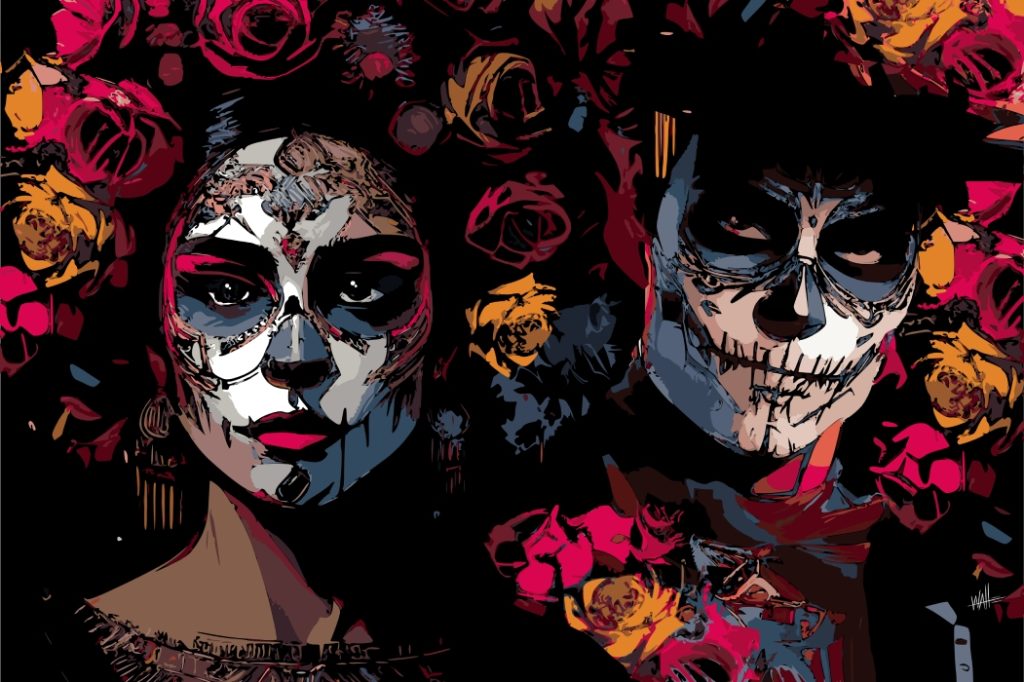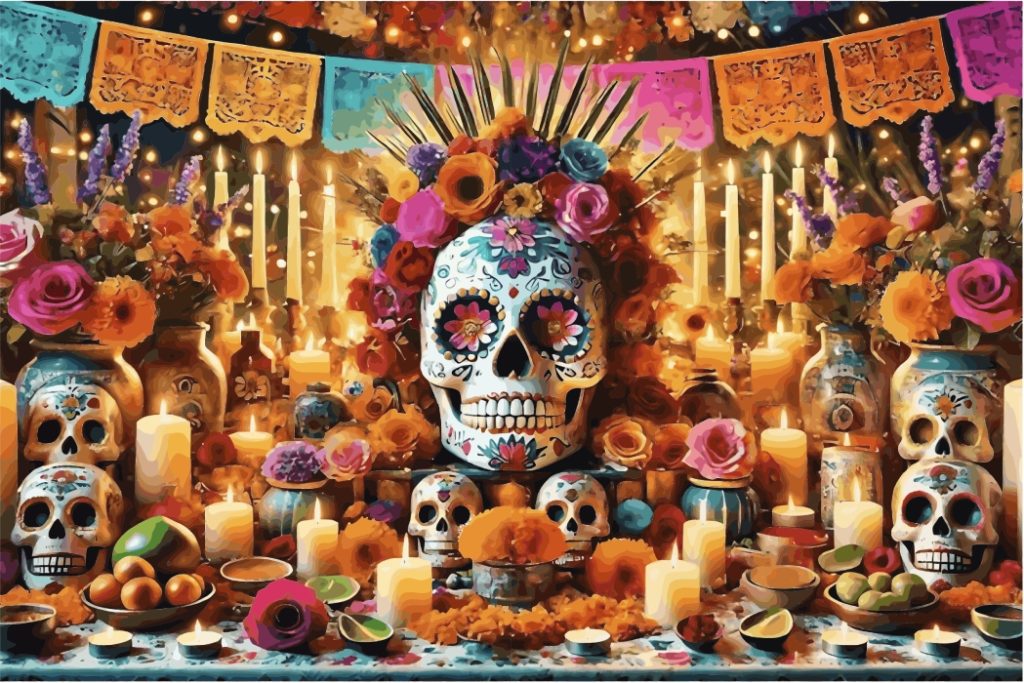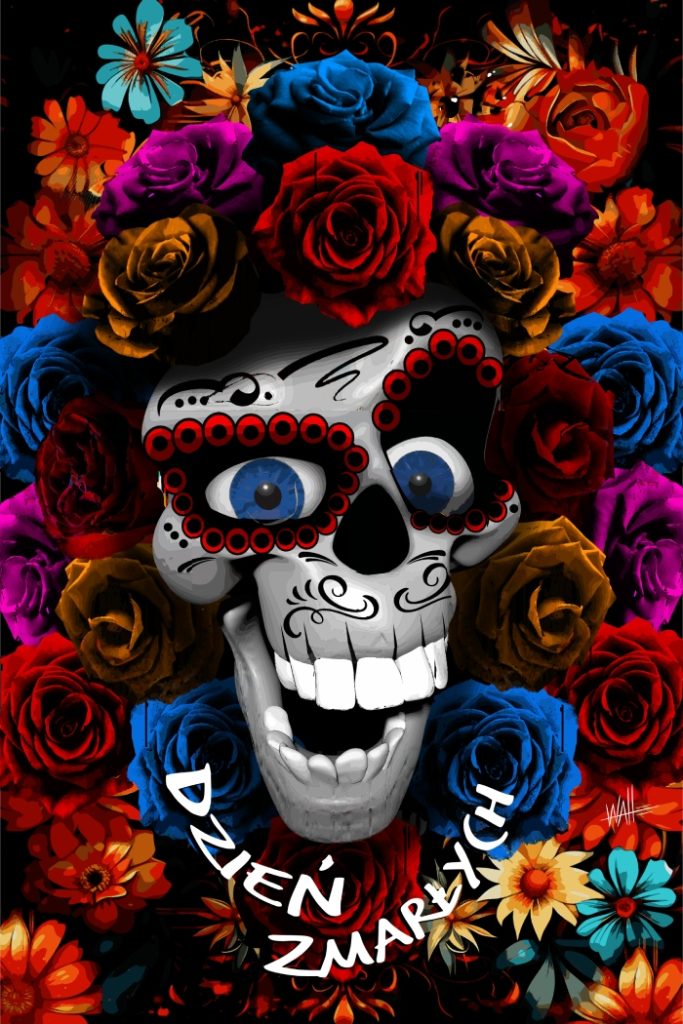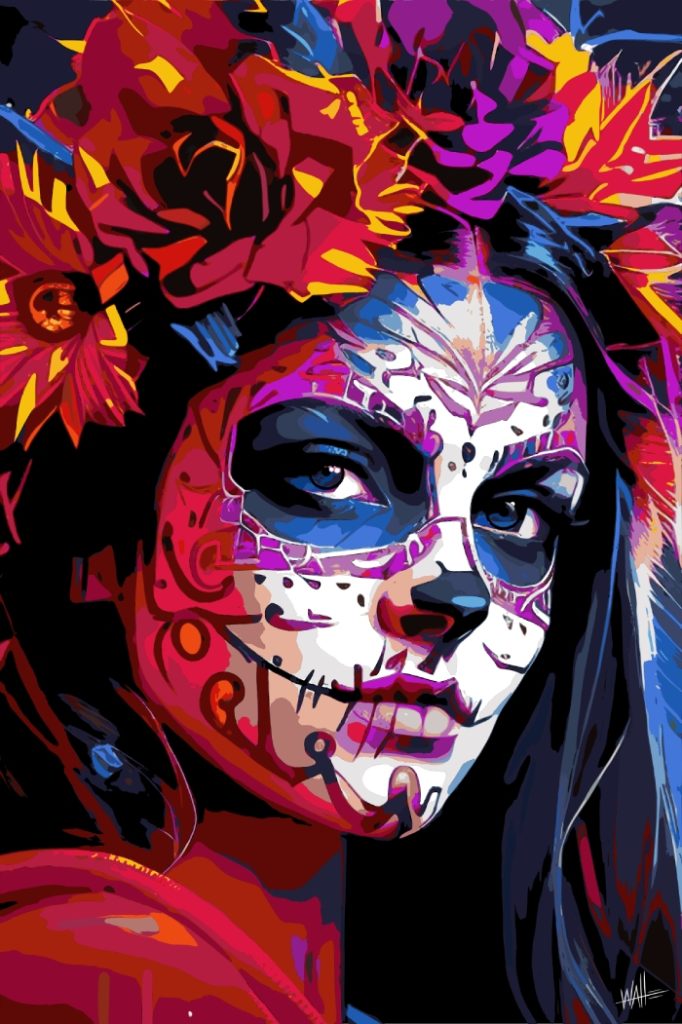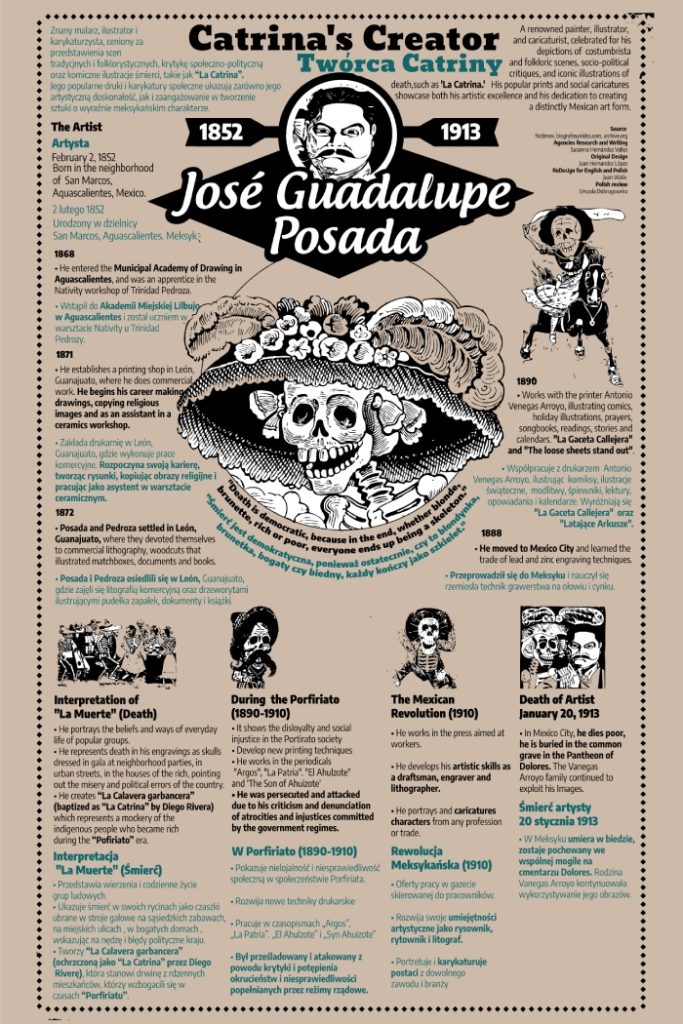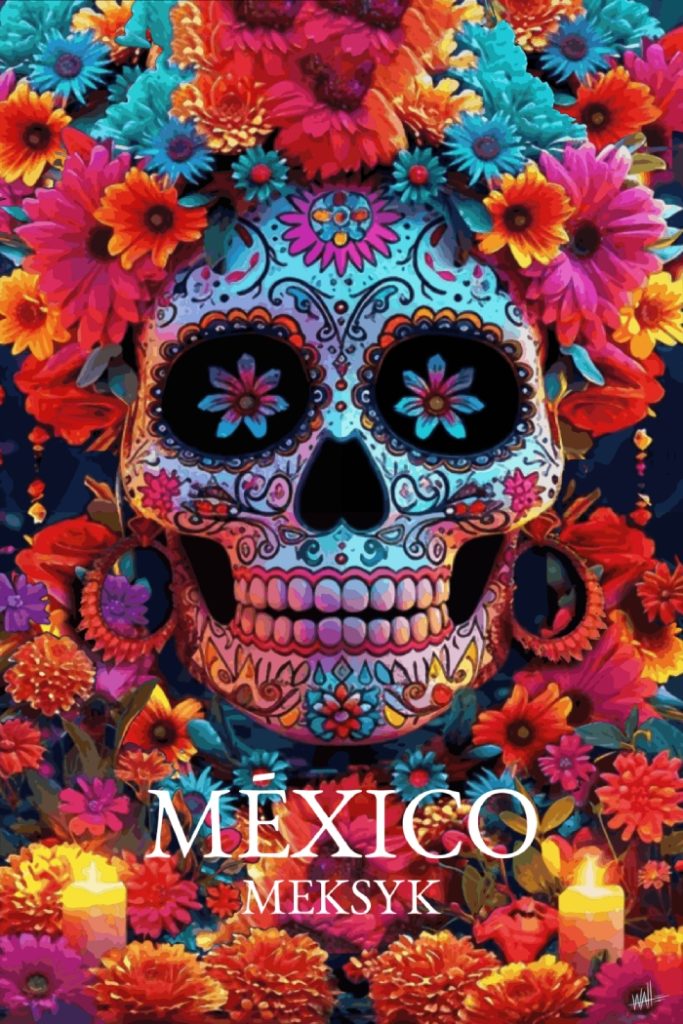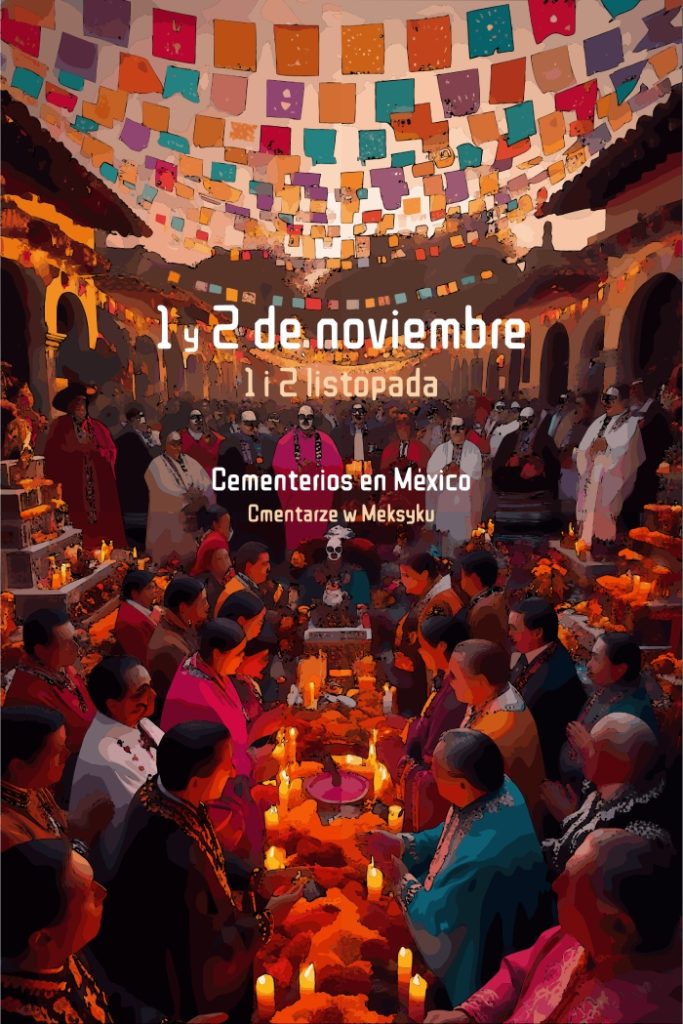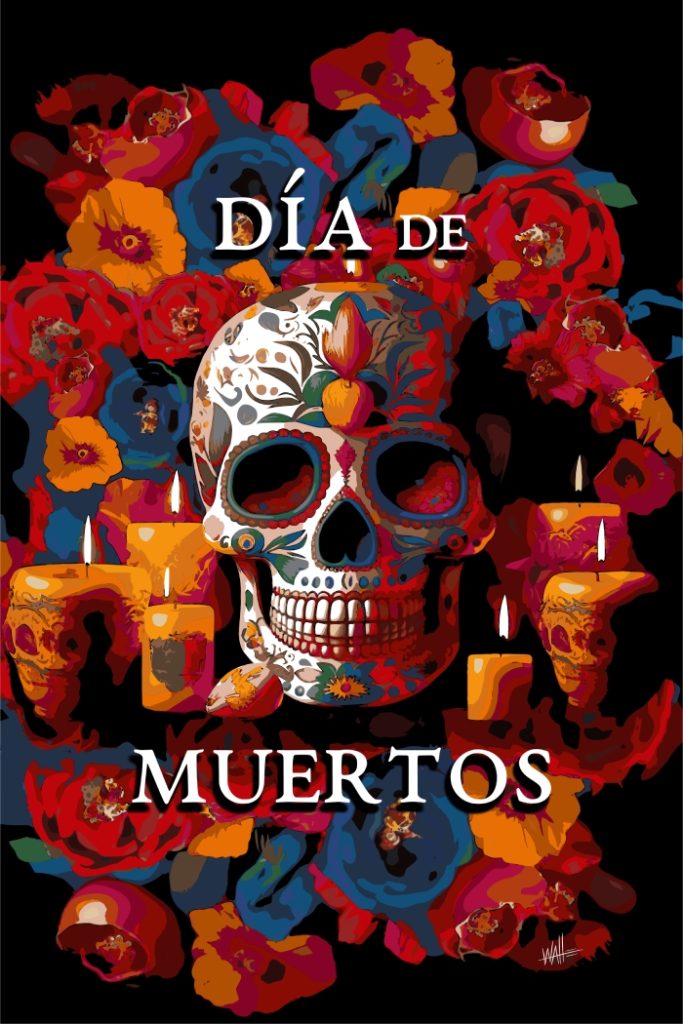
Dzień Zmarłych
Na arenie międzynarodowej Dzień Zmarłych zyskał dużą widoczność i szacunek, uzyskując w 2008 roku status niematerialnego dziedzictwa kulturowego ludzkości UNESCO. To uznanie pomogło światu docenić głębię i piękno tego święta. Kultura popularna również miała znaczący wpływ na jego upowszechnienie; na przykład animowany film Disney i Pixar Coco, który miał premierę w 2017 roku, przyciągnął znaczną uwagę na całym świecie, podnosząc świadomość na temat roli rodziny i zachowania pamięci przodków. Co więcej, coraz więcej miast na całym świecie, zwłaszcza w Stanach Zjednoczonych, Kanadzie i Europie, organizuje wydarzenia inspirowane tym świętem, organizując parady, wystawy ofiarne i wydarzenia kulturalne upamiętniające zmarłych.
Na arenie międzynarodowej Dzień Zmarłych jest doceniany nie tylko za swoją egzotykę i żywiołowość, ale także jako alternatywa dla innych perspektyw na śmierć, które mogą być bardziej ponure lub uroczyste, jak święto Halloween w kulturze anglosaskiej. W przeciwieństwie do Halloween, Dzień Zmarłych nie koncentruje się na strachu, lecz na rodzinie i celebracji życia, które trwa przez pamięć. Popularność tego święta odzwierciedla rosnącą otwartość społeczeństwa globalnego na rozpoznawanie i uczenie się różnych sposobów rozumienia śmierci oraz tego, jak człowiek znajduje kulturowe sposoby na radzenie sobie z nią.
The day of the Death
Internationally, the Day of the Dead has gained great visibility and respect, being recognized by UNESCO in 2008 as Intangible Cultural Heritage of Humanity. This acknowledgment has helped the world appreciate the depth and beauty of this celebration. Pop culture has also played a significant role in its diffusion; for instance, Disney and Pixar’s animated movie Coco, released in 2017, brought significant global attention to the Day of the Dead, helping to raise awareness of the importance of family and the preservation of ancestral memory. Additionally, more and more cities worldwide, especially in the United States, Canada, and Europe, hold events inspired by this celebration, organizing parades, offering displays, and cultural activities to honor the dead.
On the international stage, the Day of the Dead is appreciated not only for its exotic and vibrant nature but also as an alternative to other perspectives on death, which may be more somber or solemn, such as the Halloween celebration in Anglo-Saxon culture. Unlike the latter, the Day of the Dead is not focused on fear but on family and the celebration of life that endures through memory. The popularity of this holiday reflects a growing global openness to recognizing and learning from different ways of understanding death and how human beings find cultural ways to cope with it.

